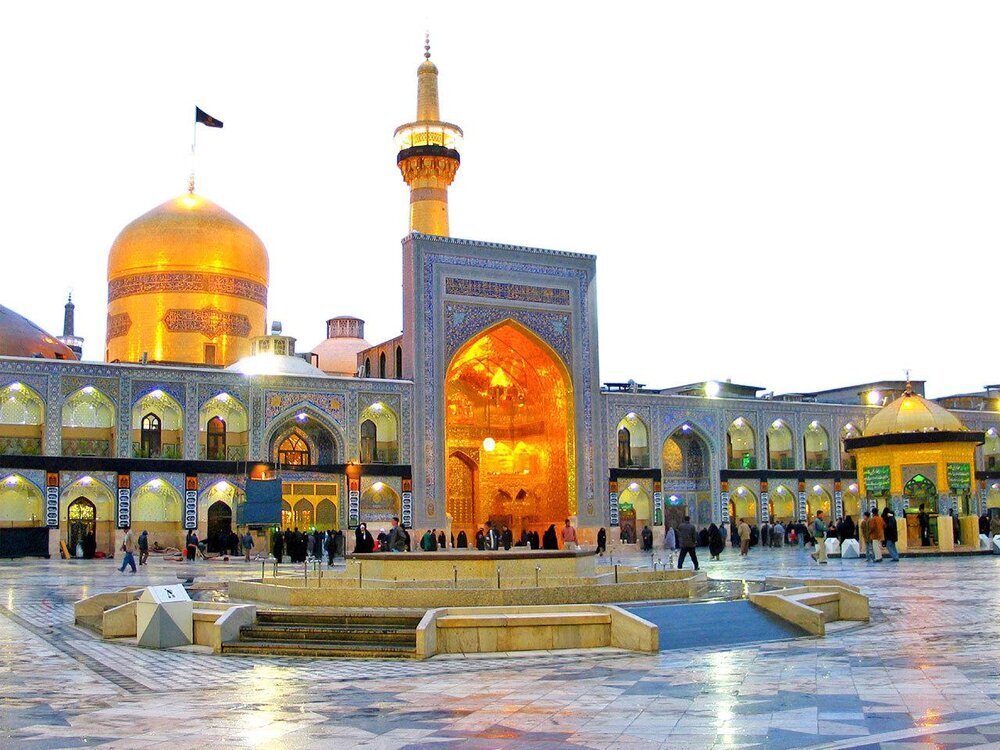Mashhad getting well-prepared to host pilgrims on Eid al-Fitr

TEHRAN – The holy city of Mashhad is getting well-prepared to host millions of pilgrims on Eid al-Fitr, a joyful holiday when Muslims celebrate 29 or 30 days of dawn-to-sunset fasting.
“According to forecasts, we will have the presence of millions of pilgrims in the holy city of Mashhad during the (two-day) Eid al-Fitr holidays this year, so we must be fully prepared to host travelers,” MEHR quoted a local official as saying on Tuesday.
“All service sectors including accommodation, transportation, road services, and health services must be fully prepared,” the official added.
Normally, Mashhad’s holy shrine of Imam Reza (AS) where the eighth Shia Imam is laid to rest, is visited by an average number of 500,000 pilgrims each day, according to Astan Quds Razavi which manages the shrine complex and other associated institutions.
That spiritual tradition of pilgrimage along with sustained efforts to safeguard hospitality services for Razavi pilgrims may join UNESCO’s listing of cultural treasures as Iran has asked the United Nations cultural agency to recognize the concept of ‘Good safeguarding practices to improve hospitality services for Razavi Pilgrims’.
Moreover, the architectural design of the complex has also complied with these traditions and rituals to address the needs of people and the urban landscape.
Historical data suggests that the complex has been developed in different stages of time according to the needs of the people and rituals associated with the holy shrine, yet the structure, design concepts, forms, material, tangible and intangible aspects, morphology, entering circumstances, praying rites and the spirit of the complex retained its authenticity and integrity the whole time and with legal and religious support of authorities and people.
This year’s Ramadan began on April 03, which falls in the spring season in Iran and it is estimated to end on May 2. Because of the nature of the lunar calendar system, the dates of Ramadan vary each year and there is always a sort of disagreement among scholars as to when Ramadan precisely start or come to an end.
By tradition, the new moon crescent which is sighted by the naked eye marks the beginning of a new lunar month but these days Muslims prefer to lean towards astronomical calculations to avoid such confusion.
AFM
